Kenya Mourns Former Prime Minister Raila Odinga, Announces State Funeral and National Mourning
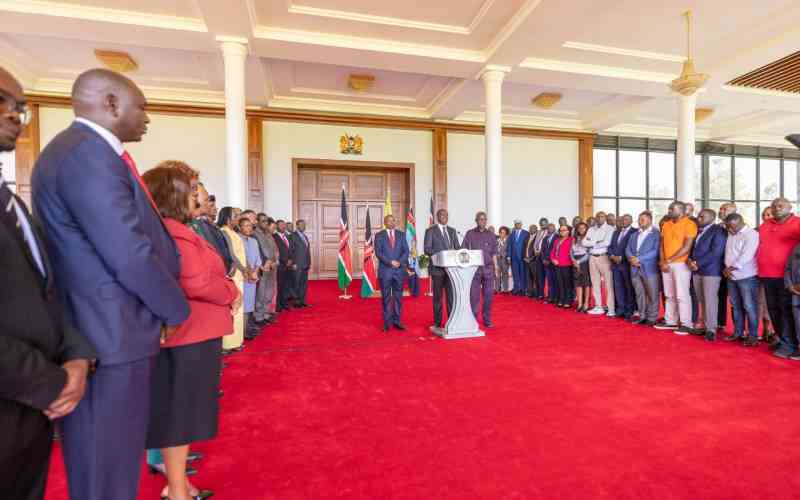
Kenya was plunged into a period of national mourning following the death of former Prime Minister Raila Amolo Odinga on Wednesday morning. The 80-year-old statesman passed away in an Indian hospital after suffering a fatal cardiac arrest during a morning walk. Odinga had been receiving treatment at the Ayurvedic eye hospital in Southern India, specifically at the Sreedhareeyam Ayurvedic Eye Hospital and Research Centre in Koothattukulam, Kerala. He was accompanied by his daughter and personal doctor. Despite efforts to revive him at Devamatha Hospital, where he was rushed after collapsing, he was pronounced dead at 9:52 a.m.
President William Ruto addressed the nation, announcing a seven-day period of national mourning, during which the national flag would be flown at half-mast across the country and at all Kenyan embassies abroad. Messages of condolence poured in from world leaders, political allies, and citizens who regarded him as a cornerstone of Kenya’s democracy. In Parliament, a somber mood led National Assembly Speaker Moses Wetang’ula to adjourn sessions. Parliament scheduled a full day of eulogies to allow all Members of Parliament to pay their last respects, with a recommendation for a somber attire.
Following Odinga's demise, a delegation of at least 30 members, led by Prime Cabinet Secretary Musalia Mudavadi and including Cabinet Secretaries, Members of Parliament, governors, and members of the Odinga family, departed for Mumbai, India, to oversee the repatriation of his body. The Indian government had offered to facilitate the repatriation process at Kenya’s request. The delegation comprised Cabinet Secretaries Hassan Joho, Salim Mvurya, and Kipchumba Murkomen; Governors Johnson Sakaja, Anyang’ Nyong’o, Ochillo Ayacko, and Gideon Mung’aro; Senator Eddy Oketch of Migori; National Assembly Majority Leader Kimani Ichung’wah; Minority Leader Junet Mohamed; and Health Principal Secretary Dr. Ouma Oluga. Raila’s body was moved to Kerala Institute of Medical Science from Devamatha Hospital awaiting repatriation.
Deputy President Kithure Kindiki, who co-chairs the National Committee on the State Funeral of the late Prime Minister alongside Senator Dr. Oburu Odinga (Raila’s elder brother), announced a comprehensive plan for the funeral arrangements. These arrangements were guided by Raila’s wishes to be buried within the shortest time possible, specifically within 72 hours of his death. The government of Kenya resolved to accord Odinga a state funeral. His body was expected to arrive in Nairobi on Thursday morning at 8:30 a.m. from India, where President Ruto, family members, and senior officials were scheduled to receive the remains at the airport before being escorted to Lee Funeral Home. Public viewing was arranged at the Parliamentary Buildings in the CBD from 12 noon to 5 p.m. on Thursday, followed by an overnight vigil at his Karen home.
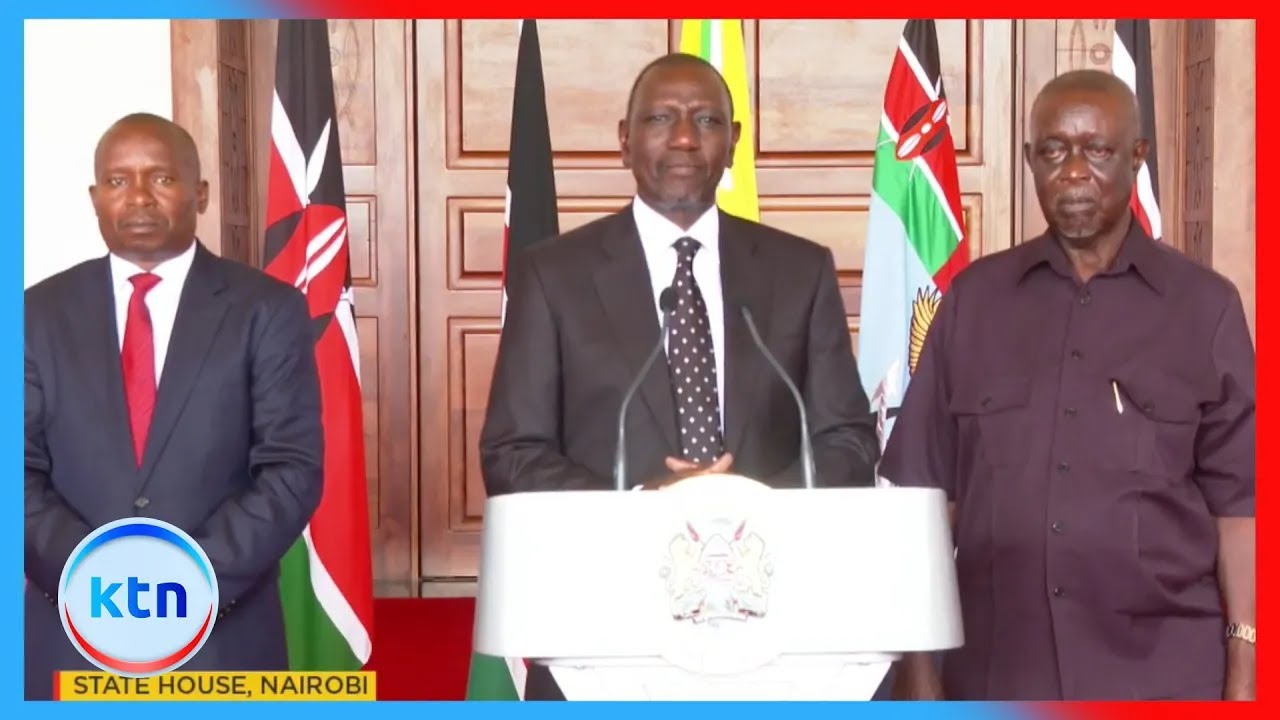
The State Funeral Service was set to be held on Friday at Nyayo Stadium in Nairobi, attended by local and international dignitaries. On Saturday morning, the body would be transported to Kisumu for a public viewing at Moi Stadium between 9 a.m. and 3 p.m. Afterward, the body would travel by road from Kisumu to Bondo for an overnight stay. The final burial was scheduled for Sunday, September 19, at his Opoda farm in Bondo, Siaya County, in the family’s graveyard in Kango Ka Jaramogi, Nyamira, beside his late father Jaramogi and son Fidel’s graves, according to the traditions of the Anglican Church. Public grieving spaces with live broadcasts were also announced to accommodate millions of Kenyans.
Raila Amolo Odinga leaves behind an indelible legacy defined by his relentless pursuit of justice, democracy, and constitutional order throughout his political career. Described by his Nigerian biographer as an enigma in Kenya’s politics, he was an indefatigable reformist whose name evoked admiration and resentment in equal measure. Even his staunchest critics conceded that he was a force that stretched the meaning of justice beyond courtroom walls and parliamentary chambers. He was instrumental in expanding democratic space, fostering political tolerance, and entrenching the rule of law and human rights as fundamental national values.
His decades-long fight for reform included detention without trial in the 1980s, his central role in restoring multiparty democracy, and championing the 2010 Constitution. He helped make a president and stabilized three hobbling regimes, though he never claimed the presidency despite five attempts, being cheated at least once by most estimates. Nevertheless, his most ardent supporters considered him their ‘president,’ often calling him ‘the People’s President.’ An early anecdote recalls his return from training in East Germany in the 1970s while his father Jaramogi Ajuma Oginga Odinga was in detention. In 1991, during the struggle for multiparty democracy, he escaped to Uganda and later traveled to Norway with the help of Robert Njura.
Tributes poured in from various quarters. Former U.S. Ambassador to Kenya Michael Ranneberger profoundly mourned Odinga, describing him as one of the "giants of Kenyan history" and a "tireless advocate for democracy and freedom." Ranneberger highlighted Odinga’s crucial role in resolving the 2007–08 post-election crisis, commending his commitment to statesmanlike compromise. The Senior Counsel Bar (SCB), in a statement signed by Philip K. Murgor, hailed Odinga as a visionary leader whose passing was a profound national loss. They noted his contributions to shaping Kenya’s governance and legal landscape, asserting that his commitment to serving Kenyans, while not culminating in the presidency, left a formidable foundation for nation-building.
You may also like...
The 1896 Adwa War: How Ethiopia Defied Colonialism
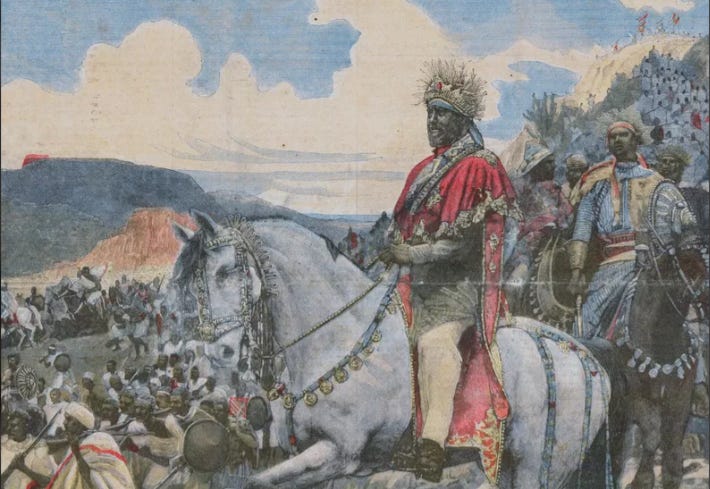
Ethiopia with the exception of Liberia which was used as a settler place for freed slaves remains the only African Count...
Why We Need Sleep: Inside the Brain’s Night Shift

Even when you’re asleep, your brain is quietly up to something, sorting, cleaning, and working behind the scenes.
When Nollywood Meets Netflix: The Creative Tug Between Local Storytelling and Global Algorithms

Nollywood’s partnership with Netflix is rewriting the script for African cinema, offering global reach but raising quest...
Mozambique's LNG Megaproject: A Promise or Peril?
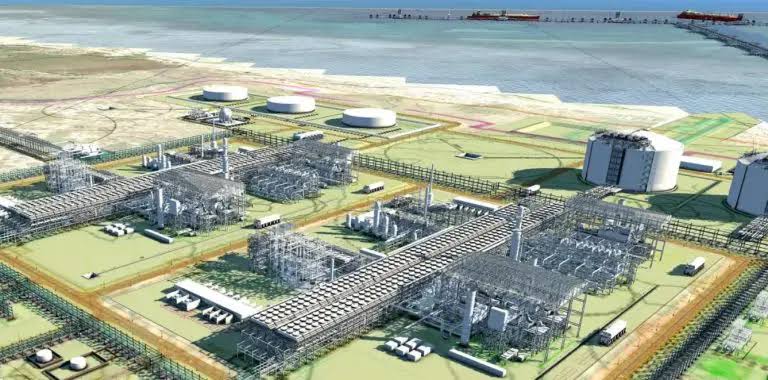
TotalEnergies is leading a consortium in Mozambique as it promises potential restructuring of the nation's energy se...
Aliko Dangote, Africa’s Wealth King: First African-Born Billionaire to Cross $30B
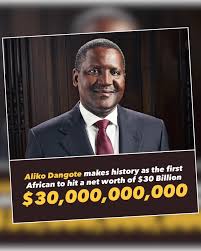
Aliko Dangote, the richest Black man in the world, has reached a new milestone, with a net worth of $30.3 billion, accor...
WAEC Conducts Trial Essay Test Ahead of Full Computer-Based WASSCE in 2026
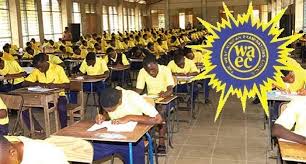
The trial Computer-Based Test (CBT) for the WAEC essay was held on Thursday, October 23, 2025. The exercise was conducte...
Can Long- Distance Love really work?
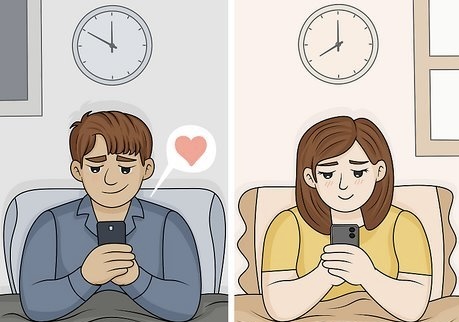
Can love really survive when touch becomes a memory and connection lives behind a screen? For many, distance isn’t the ...
Nigeria’s Rental Crisis: House of Representatives Moves to Cap Rent Hikes at 20%
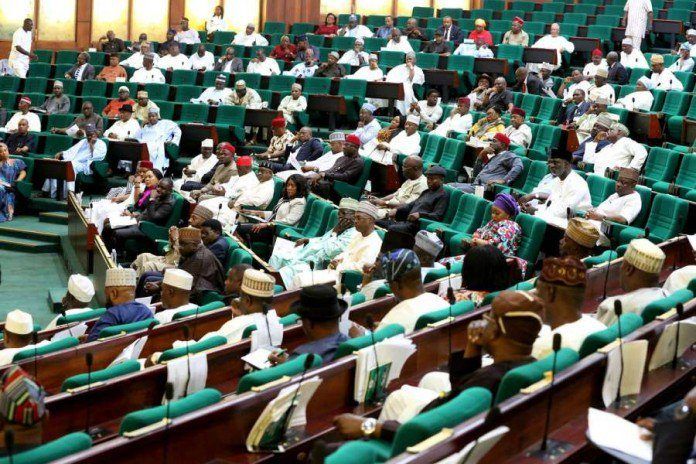
Nigeria's rental market has been under intense pressure, and now lawmakers are stepping in. The House of Rep. has called...
)



